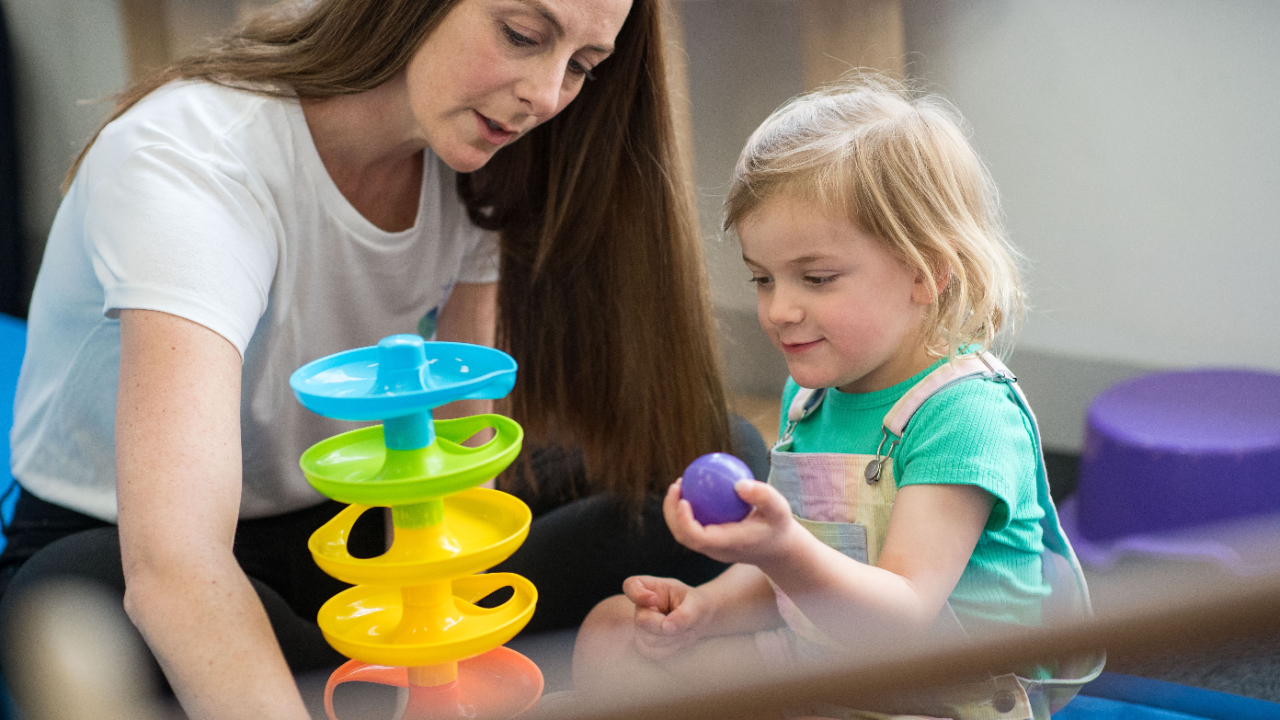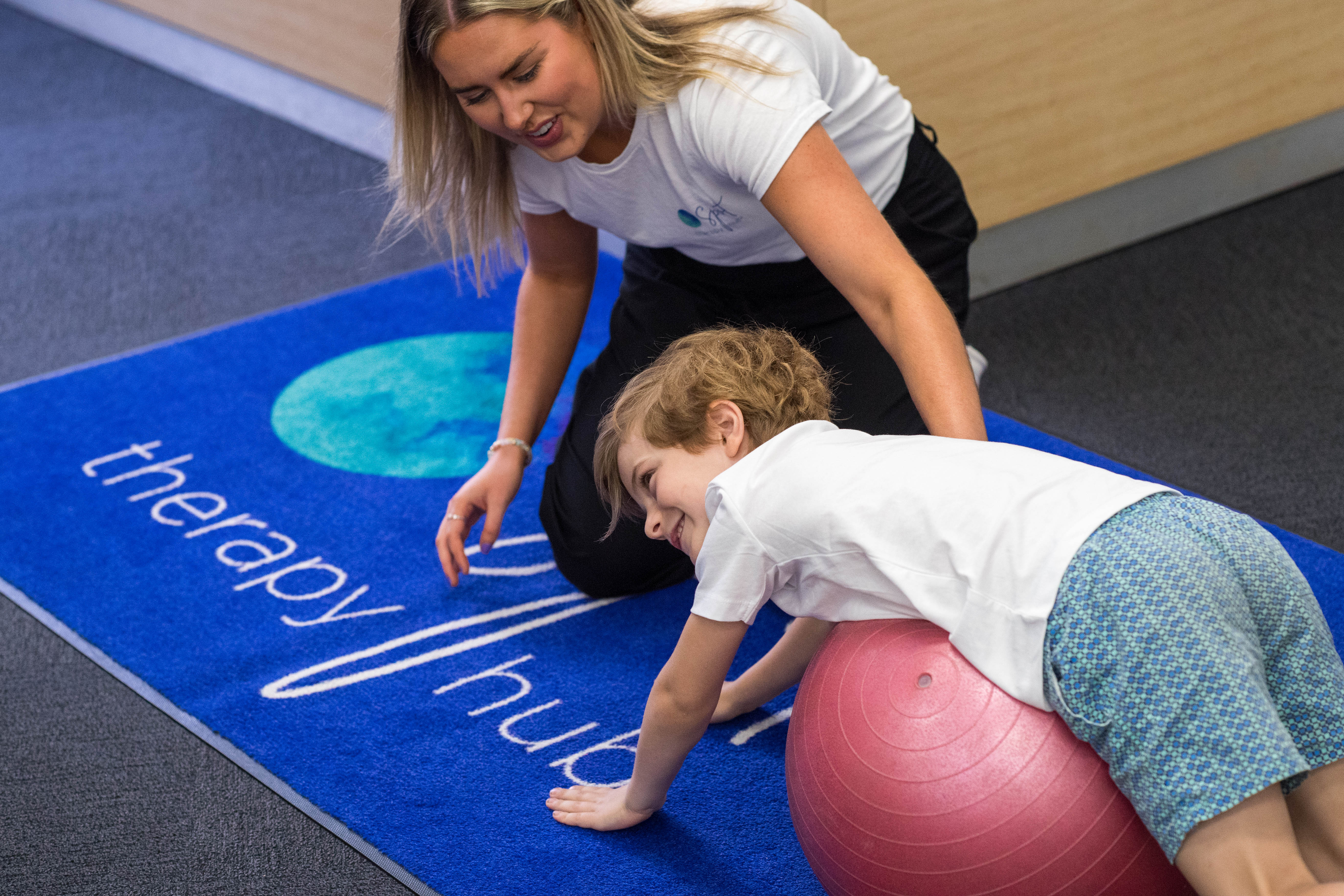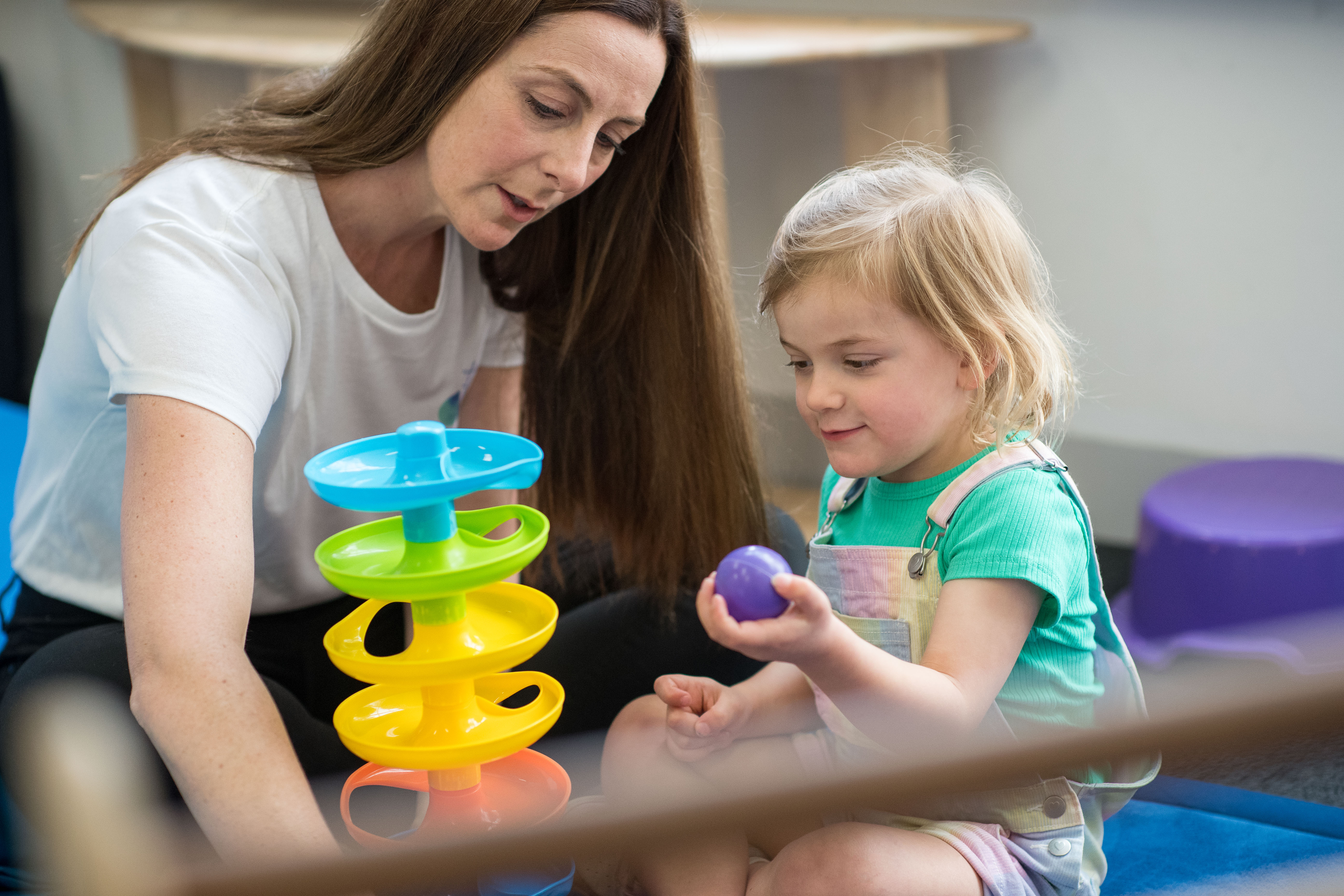Stop, Drop & Connect
Jul 07, 2025
Why we use Connection & Understanding, instead of Punishment
Parenting can be one of life’s most rewarding yet challenging experiences. As parents, caregivers, or educators, we often encounter children expressing big emotions through risky or unsafe behaviours, such as outbursts of anger, defiance, withdrawal, or meltdowns. Our first instinct might be to respond with punishment, hoping to deter these behaviours. But what if these actions aren’t signs of a "bad" child, but rather messages, signals that they need our support and understanding?
By shifting our focus from punishment to connection, we can foster stronger relationships, build emotional resilience, and support children’s self-regulation. This approach helps children feel seen, heard, and understood, creating a foundation for long-term well-being.

Behaviour as Communication
When a child reacts by hitting, kicking, yelling, or melting down, it’s natural to see it as something that needs to be corrected. But behaviour isn’t just about actions—it’s a form of communication.
Children often express distress when they don’t yet have the words or strategies to navigate their emotions. What may look like a “tantrum” could be a child feeling overwhelmed by sensory input, frustrated by an unmet need, or struggling with emotional regulation. Instead of asking, “How do I stop this behaviour?” we can shift to “What is this behaviour telling me?”
Understanding what's happening
Before reacting, take a moment to reflect on why a behaviour is happening. Here are some common factors:
-
Emotional Overload – Children are still developing self-regulation skills. What seems small to an adult might feel overwhelming to them, triggering big reactions.
-
Unmet Needs – Hunger, fatigue, sensory discomfort, or a lack of emotional connection can contribute to distress.
-
Communication Challenges – Some children find it difficult to express their feelings or needs, leading to frustration-based behaviours.
-
Daily Stressors – Transitions, unexpected changes, sensory overload, social challenges, or perceived unfairness can all contribute to emotional dysregulation.
By recognising what’s driving a behaviour, we can respond with empathy and support, rather than control or punishment.
The Risks of Punishment
Punishment may temporarily stop a behaviour, but it doesn’t address why it’s happening—and can have long-term negative effects:
-
Fear-Based Obedience – A child may comply to avoid consequences but won’t necessarily understand or internalise positive coping strategies.
-
Resentment & Rebellion – Repeated punishment can lead to defiance, emotional withdrawal, or resistance to authority.
-
Lower Self-Esteem – Harsh discipline can make children feel ashamed or unworthy, affecting their self-image.
-
Missed Opportunities for Connection – Punishment focuses on controlling behaviour rather than supporting emotional growth.
Rather than reacting with punishment, we can guide children through co-regulation, connection, and problem-solving.

The Power of Connection
A connection-based approach helps children feel valued, understood, and supported. Instead of focusing on “fixing” behaviour, we can nurture emotional intelligence and self-regulation through these strategies:
1. Active Listening
Listening without judgement is one of the most powerful ways to strengthen connection. When a child feels heard, they are more likely to express themselves in healthier ways.
💡 Try this: Instead of dismissing emotions (“You’ll be fine” or “It’s not a big deal”), validate their feelings: “I can see you’re really upset about losing the game. That must have been tough.”
2. Regulating Our Own Emotions
Children learn how to manage their emotions by observing us. Staying calm during a difficult moment helps model self-regulation.
💡 Try this: If you feel frustrated, take a deep breath, count to ten, or step away for a moment before responding.
3. Setting Clear Boundaries with Compassion
Boundaries help children feel safe—but they’re most effective when paired with empathy.
💡 Try this: Instead of saying “Stop whining”, reframe with understanding and a limit: “I know you really want another turn, and I hear that you’re upset. We have to share, but I can help you with waiting.”
4. Teaching Problem-Solving Skills
Rather than simply telling children what not to do, guide them toward solutions.
💡 Try this: If a child is hitting because they’re frustrated, help them name their feelings: “You seem really mad. Let’s figure out a way to say that with words instead of hands.” Support them in making repairs, such as checking in with the person they hurt when they’re ready.
The Long-Term Impact of Connection-Based Parenting
Prioritising connection over punishment supports children in developing lifelong emotional skills. Here’s how this approach benefits them:
✅ Stronger Emotional Regulation – Children learn healthy ways to express emotions and develop resilience.
✅ Deeper Parent-Child Bond – A relationship built on trust and understanding fosters security and unconditional love.
✅ Increased Self-Esteem – When children are treated with empathy and respect, they develop confidence and a positive self-image.
✅ Better Long-Term Behaviour – Instead of suppressing emotions, children learn to reflect, make thoughtful choices, and navigate challenges effectively.
By focusing on understanding, trust, and emotional growth, we help children develop the skills they need to thrive, not just in childhood, but for life.
Behaviour = Communication!
When we move away from punishment and towards connection, co-regulation, and emotional support, we empower children to build resilience and confidence.
By seeing behaviour as communication, we teach children that their feelings are valid and that they are capable of handling big emotions in constructive ways. This fosters trust, security, and a strong parent-child relationship.
The goal of parenting isn’t to control behaviour, it’s to nurture emotional intelligence, self-awareness, and kindness. When we lead with connection, we help children grow into empathetic, resilient individuals who feel safe, supported, and understood.
